Below are links to B-roll for use by the news media in publicizing the Asian citrus psyllid/huanglongbing crisis in California. To download the B-roll, click the thumbnail. When the video comes up, right click and select "save video as." If you have questions, please contact Jeannette Warnert at (559) 240-9850.
| Link | Description | Length |
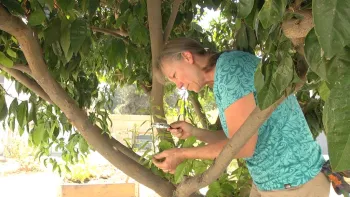 | Californians can do their part to protect citrus from Asian citrus psyllid and huanglongbing disease by inspecting the news growth on citrus for signs of Asian citrus psyllid. | :17 |
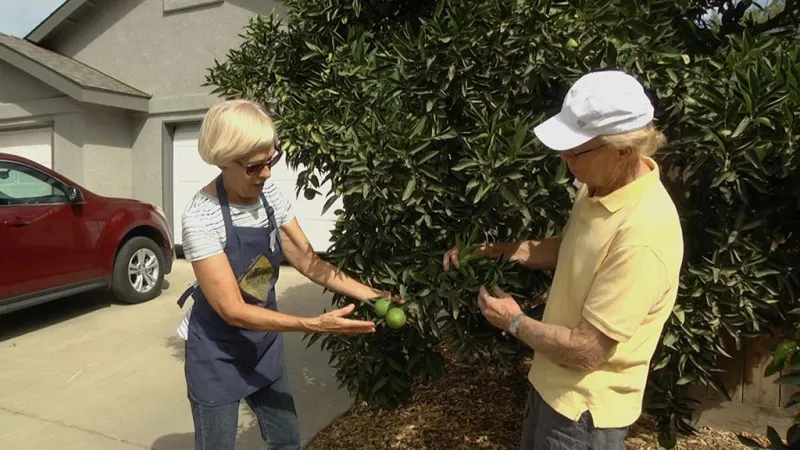 | Many residences in California have citrus trees in the landscape. | :10 |
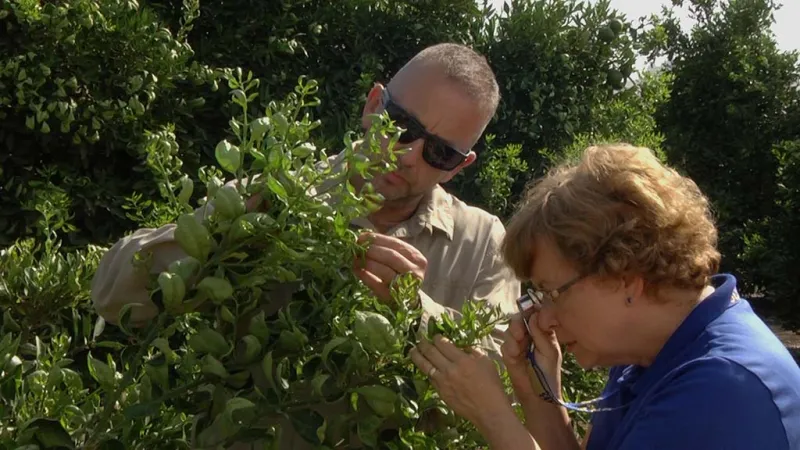 | Mark Hoddle, UC Cooperative Extension biological control specialist, left, and Beth Grafton-Cardwell, UCCE citrus entomologist. | :11 |
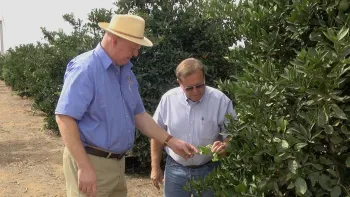 | Farmers need to inspect their trees for signs of Asian citrus psyllid. | :09 |
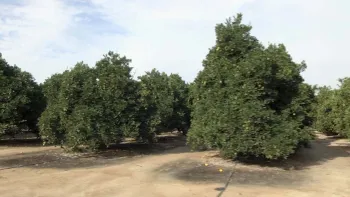 | California citrus production is a $1.5 billion industry. | :16 |
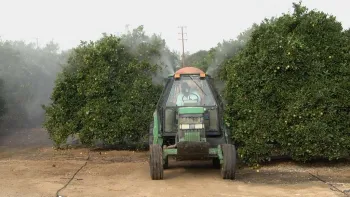 | Farmers may need to treat commercial trees to control Asian citrus psyllid. UC Agriculture and Natural Resources provides information on http://ucanr.edu/acp | :19 |
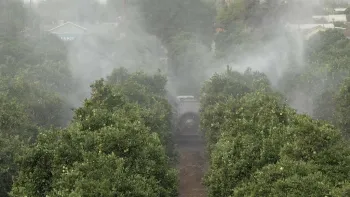 | Another angle showing a spray rig treating citrus trees. | :13 |
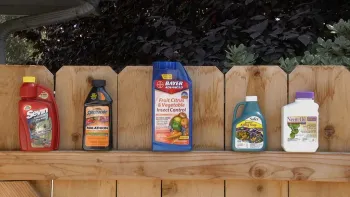 | Pesticides may be necessary for controlling Asian citrus psyllid in home landscapes. | :10 |
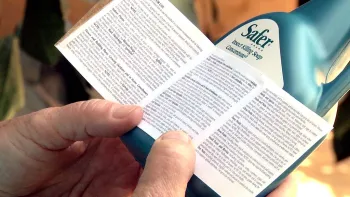 | Always read the label before using any pesticide. | :08 |
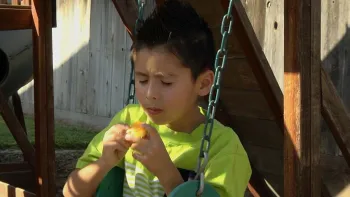 | Fresh oranges are a portable food. | :11 |
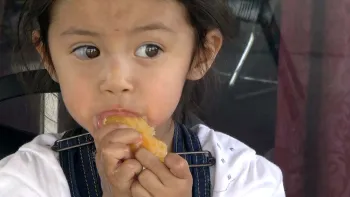 | A young girl eats a healthy snack. | :12 |
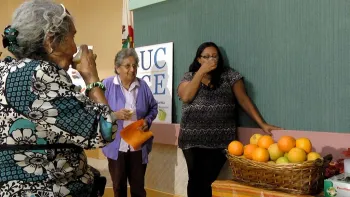 | Seniors enjoy fresh orange juice. | :13 |
